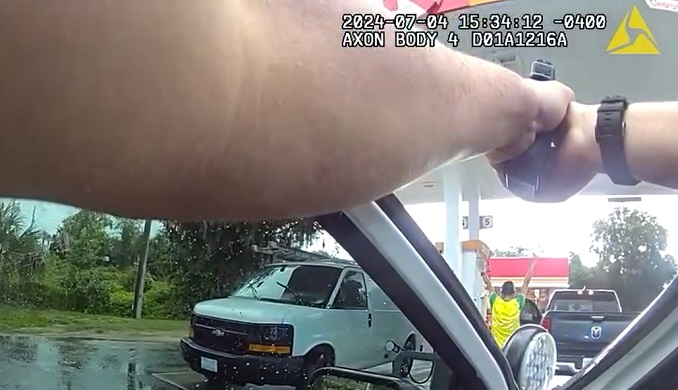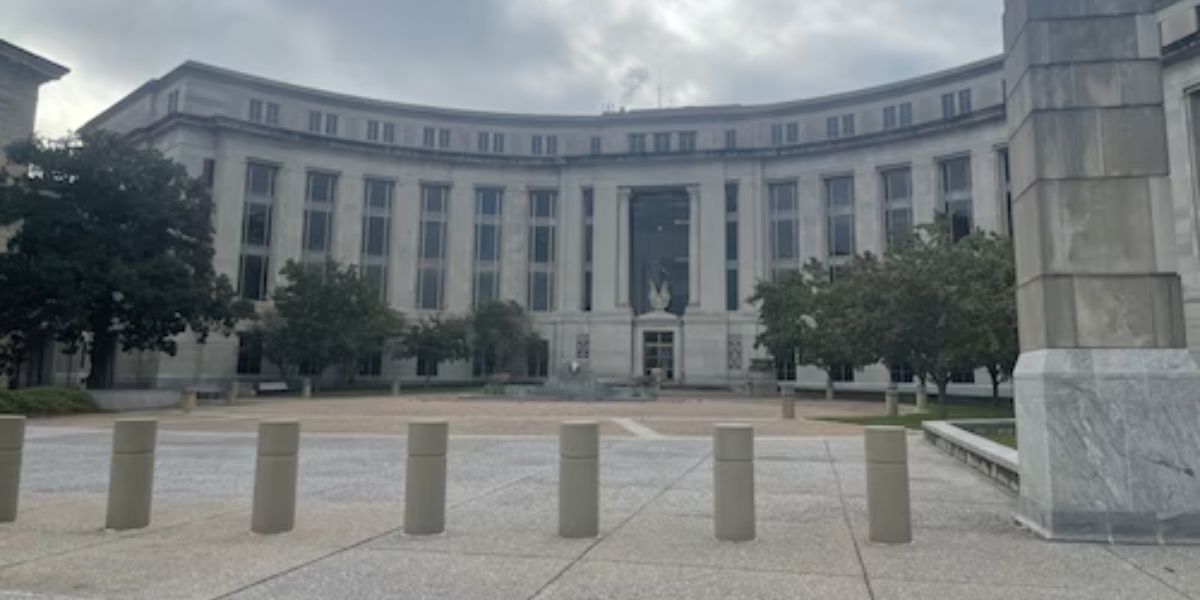Alabama Inmate Jamie Mills’ Lethal Injection Lawsuit Timing Deemed “INEXPLICABLE and INEXCUSABLE” by Judge
Another federal judge has denied Alabama inmate Jamie Ray Mills’ request for a stay of execution, noting that the convict’s lawyers’ delay in obtaining a preliminary injunction was “inexplicable and inexcusable.”
“The practice of filing lawsuits and requests for stays of execution at the last minute when the facts were known well in advance is ineffective, unworkable, and must end,” stated Montgomery’s Chief U.S. District Judge Emily Marks. Mills’ lethal injection is scheduled for 6 p.m. on May 30 at William C. Holman Correctional Facility in Atmore, south Alabama. Mills, 50, has been battling for a stay of execution in two different federal lawsuits. Another federal judge, Scott Coogler, refused his request on Friday in a different case.
On Tuesday, Marks also dismissed Mills’ request for a stay. In that case, Mills’ Equal Justice Initiative lawyers contended that the execution could be “torturous.”
- Auto Insurance Shopping Rises in Response to Soaring Insurance Rates: Report
- Avoid These 7 Missteps When Refinancing to a Lower Mortgage Rate
- Rising Home Prices Amid Slight Mortgage Rate Dip: Analysis
- Fresno County’s Groundbreaking Initiative: $500 Monthly Payments in New Guaranteed Income Program, Here is Who is Eligible
- Unlocking Financial Freedom: 5 Reasons to Opt for Personal Loans in Credit Card Debt Repayment
Mills’ lawyers had requested that the judge issue a stay of execution or prohibit the state from doing several things, including putting him on the gurney while his lawsuits are still pending, restraining him on the gurney “without legitimate reason,” not allowing his lawyers into the execution chamber while his intravenous lines are set up, and denying his lawyers access to a phone line while inside the prison.
- Will Everyone Get a $12,000 Stimulus Check in 2024? Find Out Eligibility
- $6400 Stimulus Checks in 2024: What You Need to Know About Eligibility and Payment Dates
- IRS 4th Stimulus Check 2024: Comprehensive Guide to Eligibility and Payment Dates
- 3 Smart Moves to Make Once Your Savings Reach $50,000, Here Are Crucial Actions to Take
- 3 Effective Ways to Pay Off Student Loans on a $50K Salary or Less, Know Here!
During a hearing in the case last week, Alabama Department of Corrections Commissioner John Hamm stated that Mills would not be sent to the execution chamber if a stay was in effect, and that Mills would be removed from the execution room if one was issued. “These assurances did not assuage Mills’ concerns about his upcoming execution, and accordingly, he still seeks the injunctive relief requested in his motion,” the court stated in a ruling.
Marks stated that Mills showed an “inexcusable delay” that “weighs heavily against the equitable remedy of an injunction or stay.” Some of his accusations “should have been brought several years ago,” she stated.
“Since 2022, many events have occurred which should have triggered action by Mills, and yet he did not act,” the judge noted, citing Alan Miller and Kenneth Smith’s aborted lethal injection attempts in the fall of 2022, as well as Joe Nathan James’ controversial execution that summer.
Two Missing Women Found Dead in Hidden Freezer: Custody Dispute Turns Deadly!
“A reasonably diligent plaintiff likely could and should have filed suit after Kenneth Smith’s execution attempt in November 2022, as that was the third lethal injection execution or attempted execution which allegedly involved the condemned inmate being strapped to the gurney for an extended period,” the judge stated.
She went on to say that even after the final few inmates in Alabama were killed, and despite other developments in Mills’ many appeals, Mills’ lawyers “still did nothing” and “offered no reasonable explanation” for why.
Marks also stated that the state has “made meaningful changes” to its lethal injection procedure, which includes replacing the IV crew. “The Court acknowledges that lawyers representing death row inmates who are about to be executed have an unquestionable duty to their clients.” However, these lawyers are also officers of the court,” the judge stated.
“The act of filing a civil action and then a request for injunctive relief after unjustified delay often appears to be legal manipulation rather than genuine legal advocacy.”











